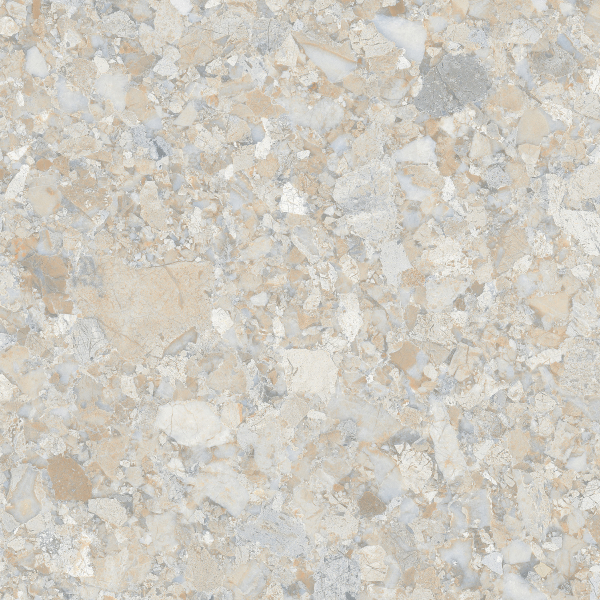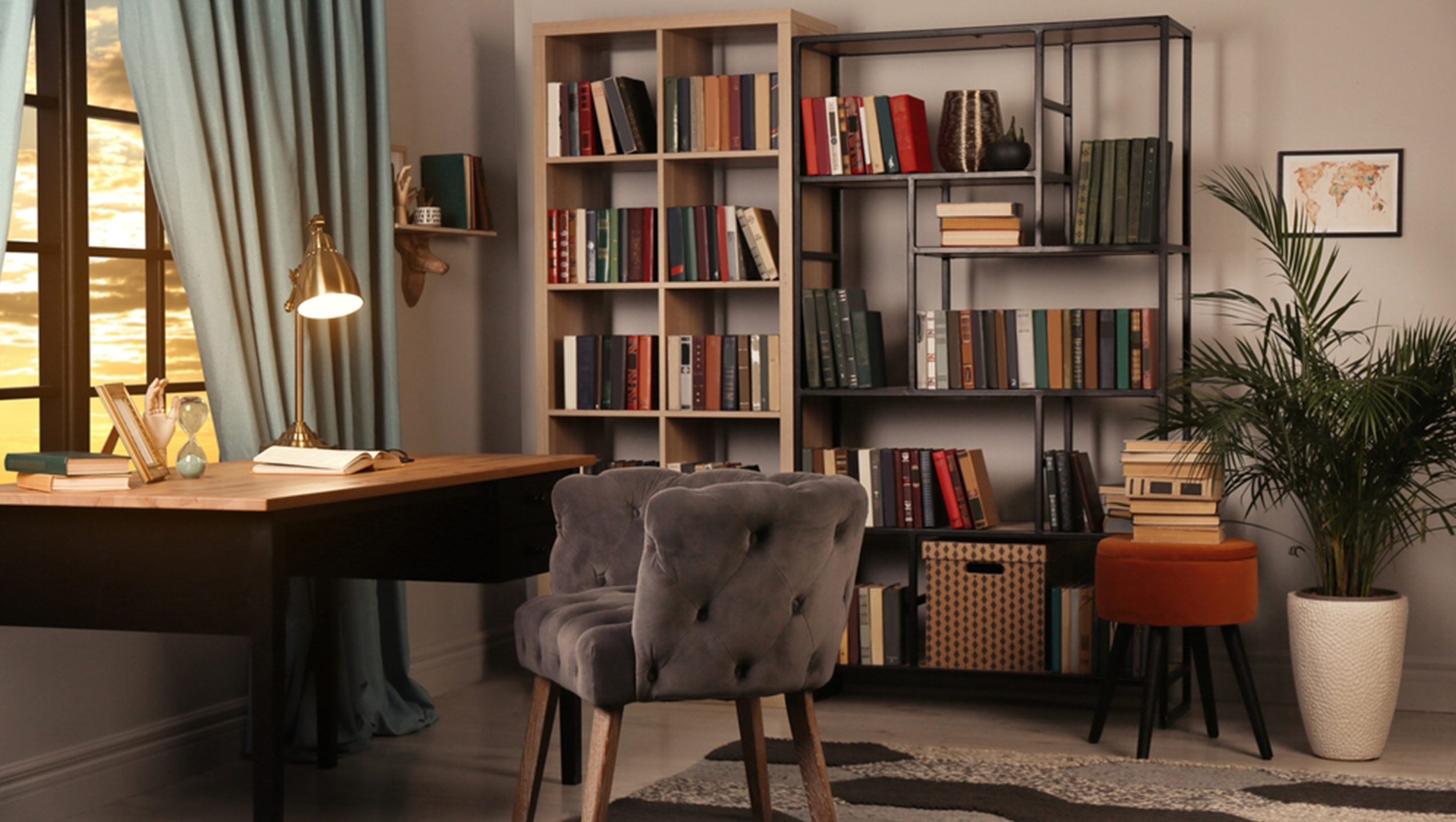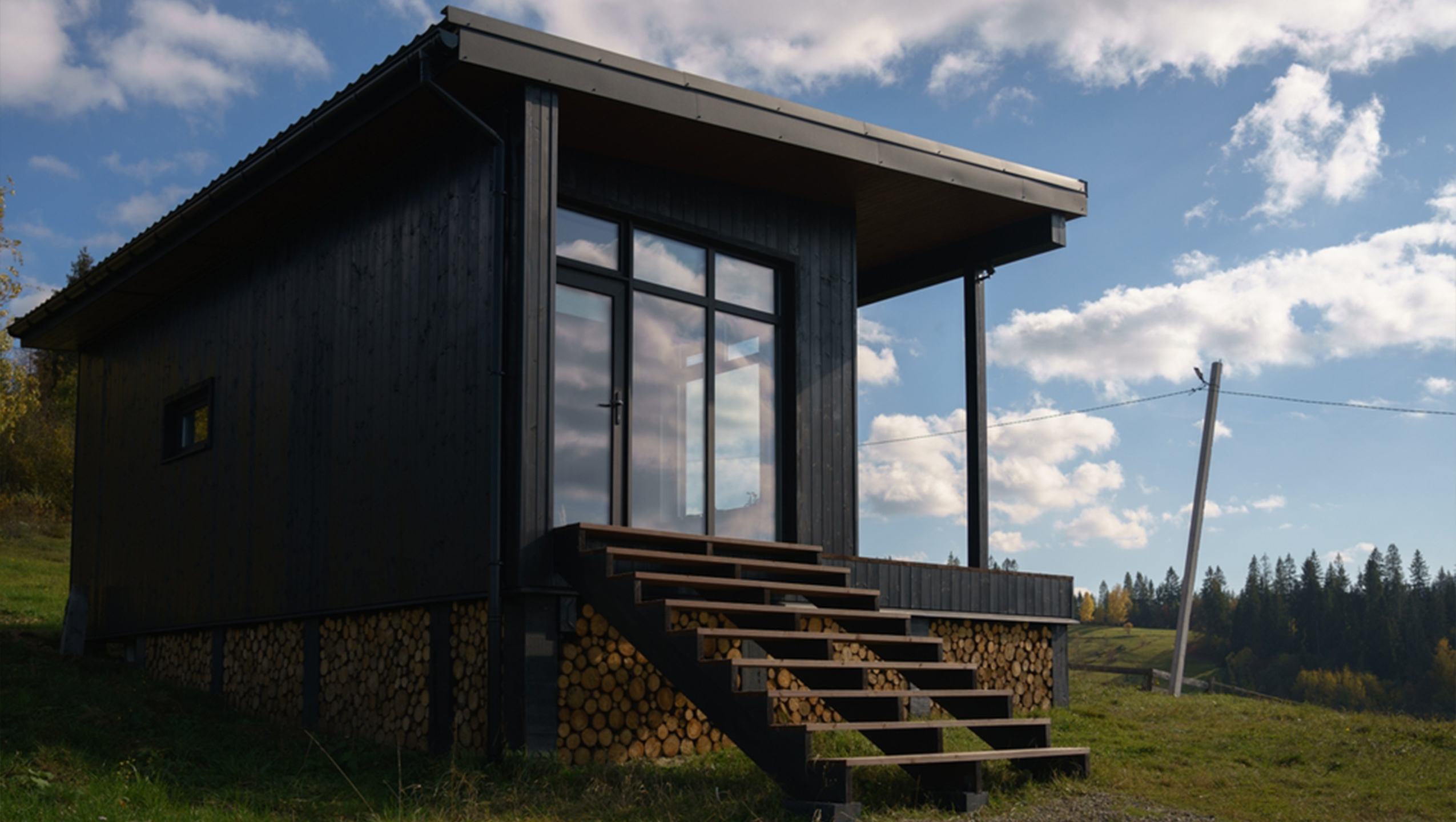A comfortable and inspiring work environment has become a top priority. One design concept that is currently trending and perfect for coworking spaces is the Japandi style. Combining the minimalist beauty of Scandinavian design with the calming atmosphere of Japanese interiors, Japandi creates a workspace that is functional, aesthetically pleasing, and serene. This style not only pleases the eye but also promotes productivity and creativity. Why is Japandi the ideal choice for coworking spaces? Let's explore its appeal and advantages.
Why Japandi Style Works for Coworking Spaces
The Japandi concept is a harmonious blend of the minimalist, functional design of Scandinavia and the natural, tranquil atmosphere of Japan. This style is ideal for coworking spaces because it prioritizes simplicity, function, and comfort. The use of pastel colors and wooden elements adds an aesthetic touch that is both warm and soothing. Good airflow and natural lighting enhance the freshness of the space, creating an atmosphere conducive to focus and creativity.
This design makes use of neutral colors and natural materials, such as wood and plants, to create a calming environment. With multifunctional furniture that saves space, a Japandi-inspired coworking space is flexible for various activities. The bright ambiance from natural lighting injects positive energy, making the work environment feel refreshing. The appealing aesthetics of the Japandi style also lend a professional and modern touch, fostering a productive and comfortable workspace for its users.
How Japandi Style Boosts Productivity and Creativity in Coworking Spaces
Japandi style creates workspaces that are not only calm and comfortable but also enhance productivity and creativity. By blending minimalist design elements from Japan and Scandinavia, this style provides a clean and functional environment, making it ideal for coworking spaces. The use of neutral colors, simple furniture, and natural materials like wood helps minimize visual distractions, allowing users to stay focused. Well-organized spaces support efficient workflows, while the warm and comfortable design elements stimulate creativity without overwhelming the senses. As a result, the environment fosters collaboration and innovation, making it the perfect setting for working together.
10 Japandi Style Coworking Space Designs
Coworking spaces designed in Japandi style have become a popular choice, offering the perfect balance between the minimalist beauty of Japan and the functionality of Scandinavia. Combining simple yet meaningful design elements, Japandi creates spaces that are comfortable, functional, and aesthetically pleasing. With this approach, a coworking space becomes not just a place to work, but a space that fosters productivity, creativity, and collaboration. Here are some tips for implementing Japandi-inspired coworking space designs that will create a harmonious and efficient work atmosphere.
1. Neutral Color Dominance
Using neutral colors like white, beige, and gray creates a sense of spaciousness and cleanliness. These colors bring a calming atmosphere, ideal for enhancing focus and productivity.
2. Natural Material Touches
Materials like wood, natural stone, and rattan add an organic feel to the space. Wood with its natural texture brings warmth and a traditional Japanese touch, while stone gives a sturdy, earthy vibe.
3. Maximizing Natural Light
Natural light is essential in Japandi design, so maximizing the use of large windows or other openings is highly recommended. Natural light creates a warm and refreshing atmosphere, making the space feel more vibrant.
4. Multifunctional and Aesthetic Furniture
Furniture in Japandi design is not only practical but also highly aesthetic. Folding tables, wall-mounted shelves, and modular sofas are perfect for coworking spaces because of their flexibility and space-saving abilities.
5. Open Living Space Concept
An open space design with natural lighting provides flexibility for users to work and interact. Open spaces create a spacious and comfortable atmosphere, ideal for collaboration in coworking environments.
6. Minimalist Decor with Functionality
Decorations in Japandi style should be simple yet functional. For example, wall-mounted shelves can serve as storage for books or plants, and pendant lamps can act as focal points in the room.
7. Use of Greenery
Plants play a crucial role in Japandi design, offering a fresh and natural vibe. Placing greenery in corners or using hanging plants can enhance aesthetics and create a calming environment.
8. Defined Work Zones
To create an efficient workflow, it's important to define work zones within the coworking space. Using light partitions or rugs in different colors and textures can help divide the space without diminishing the open feel.
9. Relaxation and Collaboration Areas
Providing reading corners with comfortable chairs or long tables for meetings can create spaces that support both rest and collaboration. Flexible collaboration areas will facilitate discussions and innovation among coworking space users.
10. Traditional Japanese Touches
Traditional Japanese elements, such as shoji (paper windows) or bonsai plants, can add uniqueness to the space's design. These touches not only enrich the room's aesthetics but also promote tranquility and harmony.
With Japandi design, coworking spaces become more than just a place to work; they create an atmosphere that nurtures productivity and creativity. The combination of minimalist and natural elements creates a comfortable, functional, and aesthetically pleasing space, making every corner inspiring for its users. To add a final elegant and durable touch, consider incorporating VELLINO Granite for a sophisticated finish.
Popular Products

THETA VINCENT BEIGE

THETA NICOLLI WHITE

THETA RAFFINATO WHITE

THETA GIARDINO WHITE

RUSTIC AVIRA CHARCOAL















